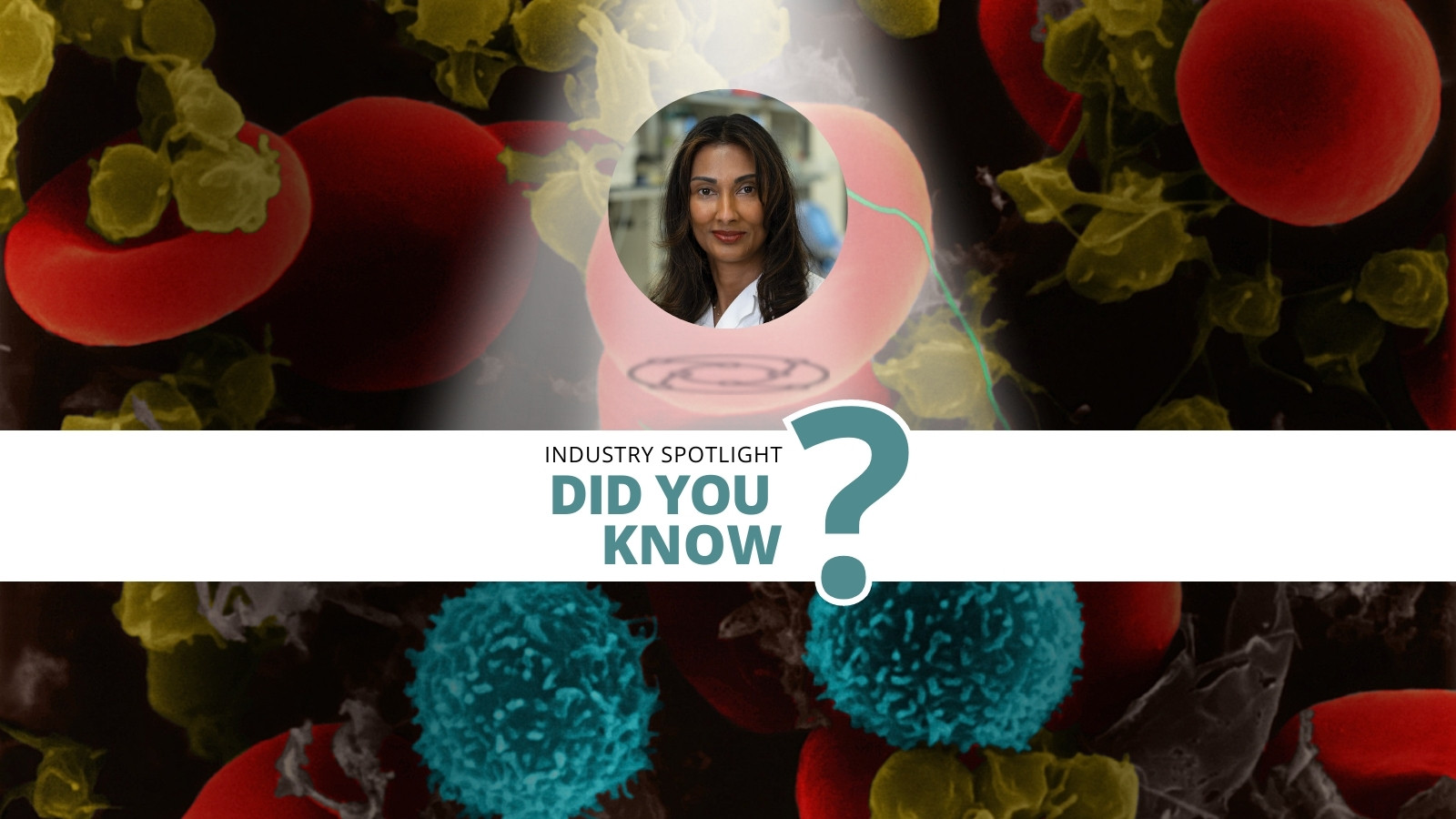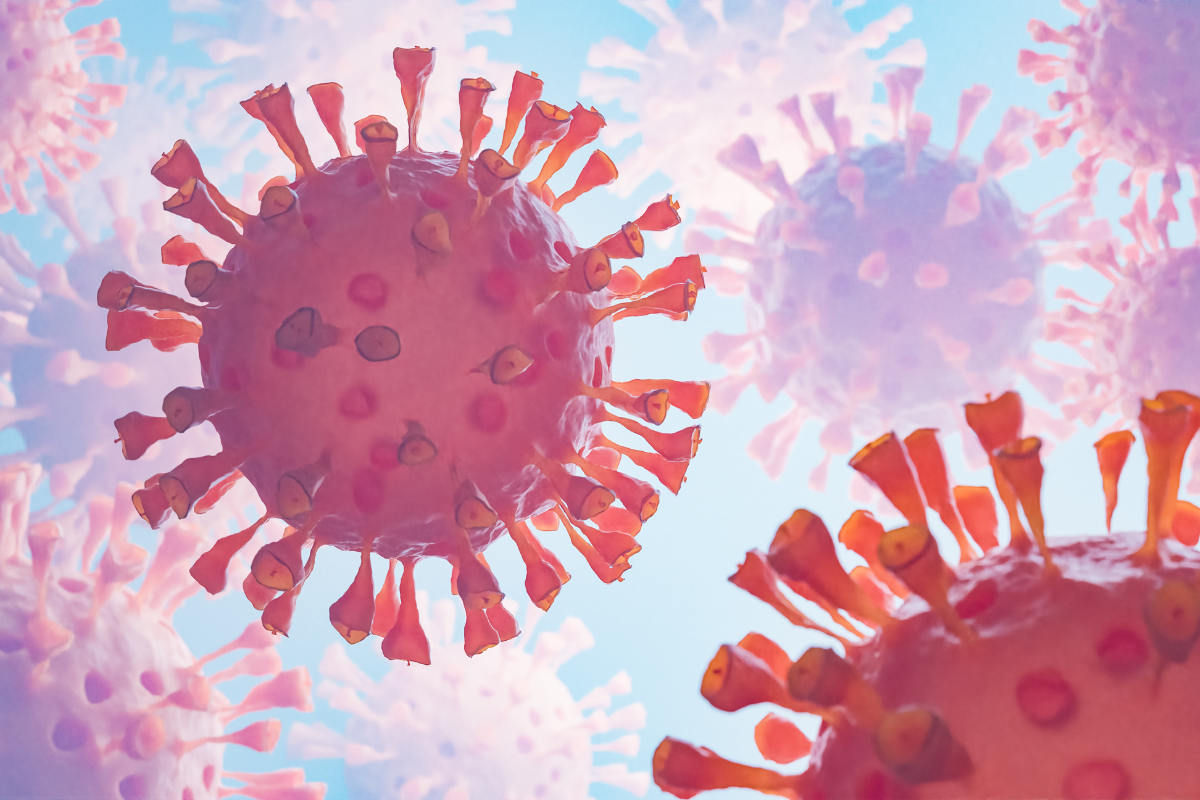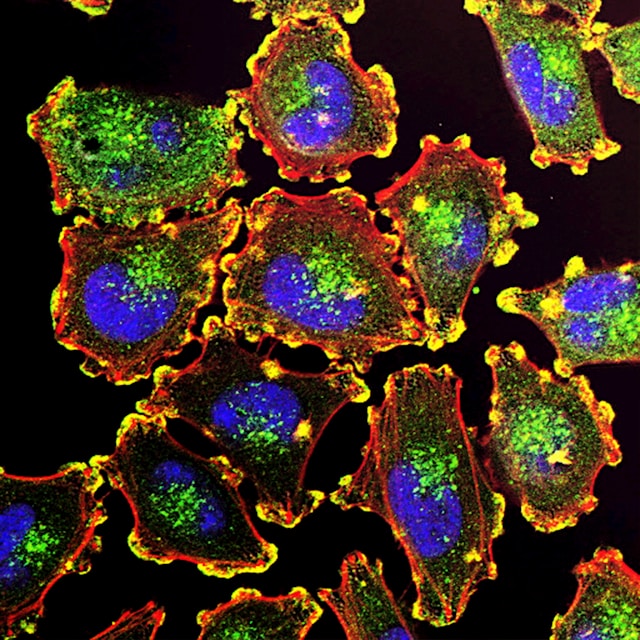NK Cell Therapies and Their Promising Possibilities

As we gear up for our NK Cell Symposium next month, let’s dive into some of the ins and outs of the methods that have utilised NK cells for innovative and unique immunotherapies.
The NK cell is an immune effector cell that plays a specialised role in the immune system. Their function is critical to the body’s ability to fight viruses and cancer.
Like their cytotoxic T cell cousins, NK’s function in the immune system is to recognise and kill infected cells. These killers’ role is unique in that they do not require activation to kill cells without a major histocompatibility complex (MHC) class I marker, owing to their name as “natural killers”.
NK cells have proved useful to researchers who seek to exploit them as therapeutics. Autologous NK cell therapy involves taking NK cells from a patient’s own blood, expanding them in a lab, and infusing them back into the patient’s blood.
- iNKT Cells and Their Applications in Immuno-Oncology
- Targeting Solid Tumours With TCR Guided NK Cells
- Therapy In the Spotlight: CAR T Cell Therapy—Significant Approvals and Regulatory Concerns
Although the autologous approach has proved successful in some cancer patients, tumour evasion of the immune response can present a challenge for the treatment. Cancer cells can evolve to downregulate the expression of NK-activating receptors and avoid being killed.
Other forms of immunotherapy seek to overcome the resistance of cancer cells to NKs. For example, by stimulating NK cells in a patients’ blood, they can be activated so that they are equipped to kill resistant cancer cells.
Furthermore, the chimeric antigen receptor (CAR) concept, which is best known to be applied in T cells, has recently also been applied to NK cells as well. Researchers are excited by this prospect because it would provide an allogenic and off-the-shelf form of NK cell therapy for cancer.
There are still many challenges to overcome in the field and plenty more research to do. But the hope is that these unique immune cells could unlock fresh treatments for persistent diseases.
See the upcoming events in Oxford Global’s Immuno series here.
Get your weekly dose of industry news?here?and keep up to date with the latest?‘Industry Spotlight’ posts.?For other Immuno content, please visit the?Immuno Content Portal.







